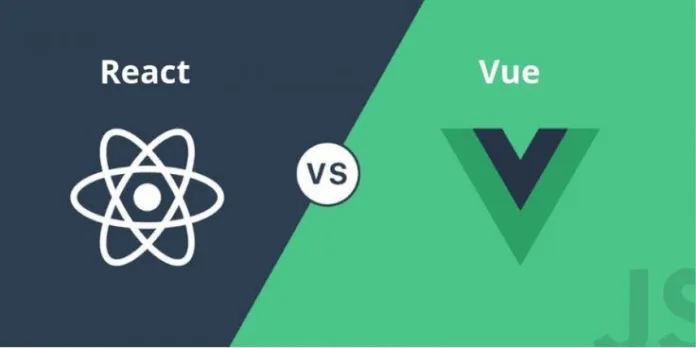Choosing the right frontend framework can shape your entire career in web development. As we move deeper into 2025, the React vs Vue 2025 debate is hotter than ever. Both frameworks are popular, powerful, and constantly evolving — but which one is the better fit for your goals as a developer?
Whether you’re just starting your journey or looking to upgrade your skills, understanding how React and Vue stack up in 2025 will help you make a smarter decision aligned with your career roadmap.
Introduction to React and Vue
React, developed and maintained by Meta (formerly Facebook), is a JavaScript library for building user interfaces. It’s known for its flexibility, massive ecosystem, and widespread industry adoption.
Vue, on the other hand, is a progressive JavaScript framework created by Evan You. Vue is famous for its simplicity, easy learning curve, and clean architecture.
In the world of web development trends 2025, both React and Vue are at the forefront. However, their design philosophies, community size, and enterprise usage differ significantly.
Popularity and Community Support
React continues to dominate in terms of global adoption. In 2025, React still powers major platforms such as Facebook, Instagram, and Netflix. Its vast community, library ecosystem, and job opportunities make it a reliable choice for many developers.
Vue, although slightly less popular globally, has a strong foothold in Asian markets and is preferred by startups and smaller teams for its simplicity and speed. The Vue advantages for developers include better documentation, a gentle learning curve, and ease of integration into existing projects.
If you’re aiming for a large-scale enterprise job, React might have an edge. But if you’re interested in launching projects quickly or contributing to open-source, Vue could be your weapon of choice.
Learning Curve and Developer Experience
Vue is often praised for its gentle learning curve. With its single-file components and readable syntax, beginners can pick it up quickly. If you’re building your skills from scratch in 2025, Vue may allow you to get your first projects live faster.
React requires a stronger understanding of JavaScript fundamentals and concepts like JSX and hooks. But once you master it, the React ecosystem benefits give you access to a more modular and scalable development experience.
Vue may be the better framework to learn fast, while React is better for growing deep in your career.
Performance and Scalability
Performance differences between React and Vue are minimal in most cases. Both are incredibly fast and support Virtual DOM.
However, React’s architecture supports more scalable and complex applications. Its unidirectional data flow and component-based structure make it ideal for massive apps with deep logic.
Vue can handle medium to large apps quite well but may require more architectural decisions as the app scales.
If your 2025 development goals include working on enterprise-scale apps, React offers a slight advantage.
Job Market and Industry Demand in 2025
In terms of career prospects, React still holds the lead in 2025. The number of job listings and demand for React developers continues to outpace Vue, particularly in North America and Europe.
However, Vue jobs are on the rise, especially for freelance, remote, and startup-based work. Developers who learn Vue also often find it easier to transition into full-stack roles using Nuxt.js or other Vue-based ecosystems.
If you’re following the frontend developer roadmap 2025, both frameworks offer plenty of opportunities — but React provides broader options for full-time, high-paying roles.
Ecosystem and Tooling
React’s ecosystem is vast. With tools like Next.js, Redux, and React Native, you can build web apps, mobile apps, and even full-stack solutions. This flexibility makes React a long-term investment for developers who want cross-platform capabilities.
Vue also has a growing ecosystem. Vue CLI, Vue Router, and Vuex are well-integrated, and the release of Vue 3 has brought major performance and reactivity improvements. Nuxt.js (Vue’s version of Next.js) is maturing rapidly and is great for server-side rendering.
In short:
React has more integrations and tools for large teams
Vue is more elegant and self-contained for solo or small-team projects
Which One Should You Learn in 2025?
Let’s simplify your decision based on different goals:
If you’re a beginner: Vue offers a smoother learning experience
If you want enterprise jobs: React has stronger demand in the job market
If you’re into startups or freelancing, Vue is faster to get started and easier to maintain
If you’re aiming for mobile app development: React Native is a huge plus for React users
If you’re focused on performance and large apps: React provides more tools for scaling
Final Thoughts
In the React vs Vue 2025 battle, there’s no one-size-fits-all answer. Both are excellent choices with unique strengths. Vue wins on simplicity and elegance, while React dominates in scalability and job opportunities.
Your best bet? Choose the framework that aligns with your career goals, project needs, and learning preferences. And remember, the most successful developers in 2025 will be those who stay flexible, curious, and adaptable.
